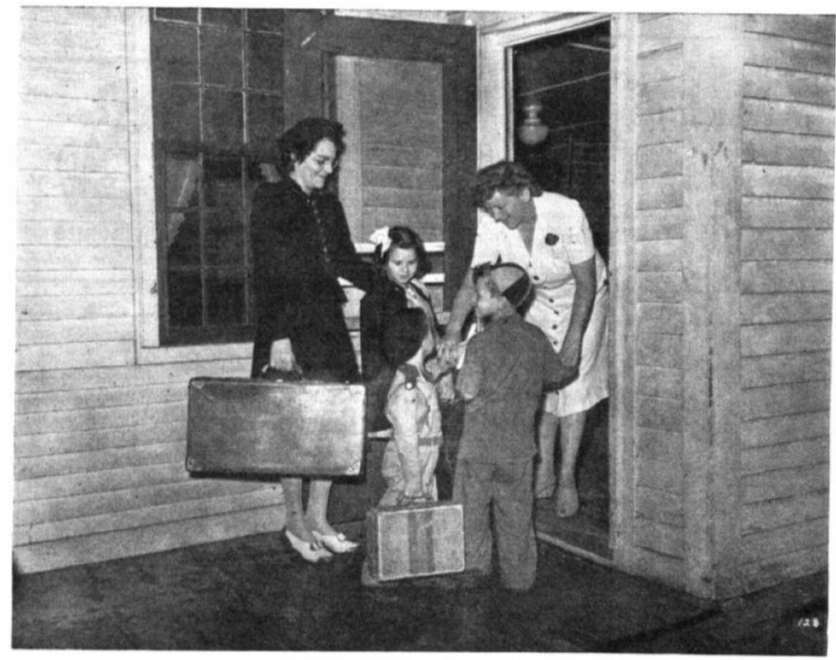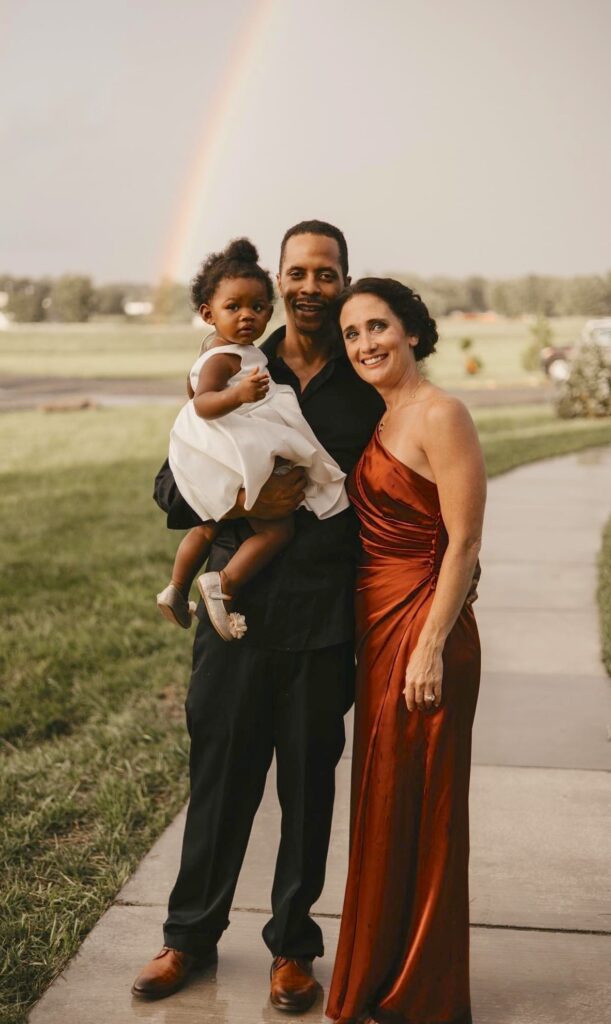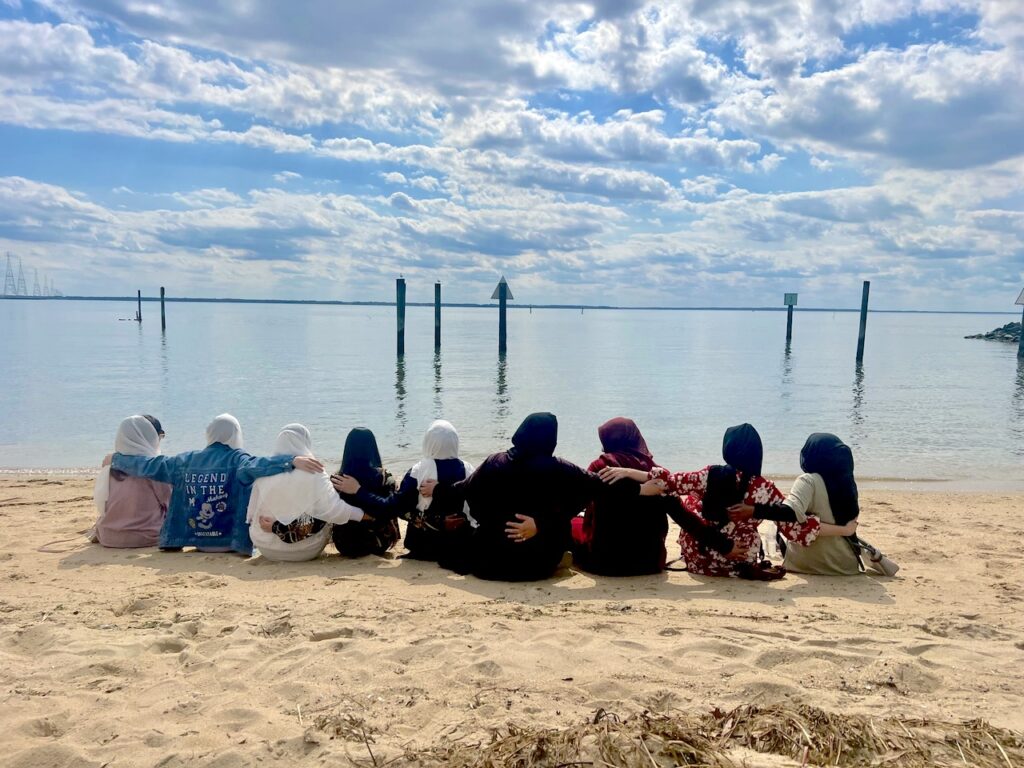“Amen, I say to you, whatever you did for one of the least brothers of mine, you did for me” (Mt 25:40).
As Catholics, we are called to live by these words. Indeed, in this passage, serving the poorest of the poor is described by Christ as the way to know him, the only way to heaven.
This notion of love, as radical now as it was in the 1st century, is the foundational mission of the world’s largest and oldest international institution for charity – the Roman Catholic Church.
In Virginia, charity to the poor and vulnerable has grown hand in hand with the Church since Ursuline nuns began caring for Virginia orphans in 1727. For the past century, the primary arm of charity in the diocese has been the organization known today as Commonwealth Catholic Charities.
Earlier this year, state Sen. Siobhan Dunnavant, R-District 12, introduced a bipartisan bill on the floor of the Virginia General Assembly commending Commonwealth Catholic Charities for its work in the community.
“Commonwealth Catholic Charities (CCC) was established in 1923 under the executive direction of Rev. Walter J. Nott in the basement of St. Peter’s Catholic Church in Richmond, where it began offering adoption and counseling services,” the resolution stated.
“…Today, CCC has grown into one of the largest and most comprehensive human service providers in the Commonwealth, offering over 30 distinct programs and services in 11 office locations. …. CCC impacts the lives of over 34,000 men, women and children each year, providing support and hope to individuals and families through a wide range of programs, including adoption and foster care, mental health counseling, refugee resettlement, food and financial support, and housing services.”
Growth, generosity and leadership
The origins of the 100-year-old organization trace back to 1910, when a group of Catholic social service providers, motivated by “a need to bring a sense of solidarity,” convened the first National Conference of Catholic Charities. Their mission was to be an “attorney for the poor.”
Twelve years later, Richmond established one of the earliest Bureaus of Catholic Charities in the country, an effort led by Father Felix Kaup, rector of Sacred Heart Cathedral. The first office was in the basement of St. Peter, Richmond; by 1924, the agency had moved to an office on 110 North 7th Street.
“There have been a lot of changes,” said Louise Hartz, who has been a member of the CCC board of directors since 1977. “When I first came on the board, the office was on Cutshaw. Then we moved to Chamberlayne Avenue, then to Thompson Street, then Willow Lawn, and then to our current home on Rolling Hills.”

In 1925, two years after incorporation, the agency offered primarily adoption services, pregnancy counseling, care for children in foster homes, and case work for children at St. Joseph’s Villa in Richmond and St. Vincent Institute for Boys in Roanoke. By 1932, the Bureau of Catholic Charities had absorbed all existing diocesan charity organizations.
“The pivot to offering broader services happened over a period of time,” said Chuck Marlowe, chair of Roanoke Advisory Committee. One of those relatively newer services is helping construct affordable housing.
“When they decided to take on a mission to do housing, they set up the Housing Corporation, which participates in building houses and helping developers get some of the tax credits they need to build low-income housing,” said Marlowe. “Some localities have a certain need – in Richmond, they needed to build low-income housing, so they partnered with CCC.”
Marlowe worked in Refugee Services for the Diocese of Richmond until 2010, when CCC took over the operation. “Bishop Francis X. DiLorenzo wanted Refugee Services to merge with CCC, and when CCC took over, they really gave it some infrastructure,” said Marlowe. “The old diocesan corporation did good work, but under CCC, it was able to grow and meet present challenges.”
In the past 13 years, the need for refugee services has grown. “Now we have asylees coming in from Afghanistan, and the migration issue is something that requires us to depend more on contributions and the good will of the community,” said Marlowe. “Refugee Services typically receives federal funding for people who come in as refugees. But a lot of asylees from the Afghanistan evacuation don’t have any official support from the government, other than being allowed to stay.”
“We also have larger groups of Latin Americans coming across the border, and they need help,” he continued. “It’s something that, more and more, CCC is involved with these groups.”
A shift in resource allocation follows a shift in community needs. “At one time the agency was involved in adopting children from foreign countries, and the staff enjoyed being a part of welcoming a child to the United States,” said Hartz. “Now, the restrictions on the other side of the pond have caused things to kind of dry up, and that hasn’t been available recently.”
Adoption within the United States is still a high priority. Fortunately, resources continue to grow. “CCC has had a pretty good-sized expansion over the past ten years,” said Marlowe. “They have significantly increased revenues. And that is, in part, due to good leadership.”
‘A beautiful experience’
After years of going through different avenues, the Blair family was nearing a crisis point in their quest for adoption. “I felt like I was about to give up,” recounts Andrea Blair. “But when my husband looked at me and asked if I was ready to give up, and told me that he wasn’t, it kind of lit that fire in my belly to keep going.”
In early 2020, Blair received a phone call from Donna Banks, who worked in adoption and pregnancy counseling at CCC. “The first thing she said on the phone was, ‘I’m Miss Donna, and I’m going to be part of your team to help you find your baby,’” Blair recounts. “She made me realize that, as much as we are looking for our child, our child was looking for us, too.”
The COVID-19 pandemic struck early in the Blairs’ adoption process, but the Blairs became the first couple to go through the adoption

process online. CCC did home inspections and meetings with the Blairs virtually, allowing them to adopt their daughter Zenniah – then 15 days old – from Central Virginia less than a year later.
Blair and her husband both say they have a strong personal relationship with God. But they aren’t Catholic, and Blair says she was hesitant to reach out to CCC because she thought they were a Catholic-only organization. “Later, I realized they are an organization that will help anybody,” she said. “It’s been a beautiful, wonderful experience.”
To celebrate its 100th anniversary, CCC will hold several celebratory events. The first occurred on Sept. 15, when the Rolling Hills office held an open house and art gallery, featuring a permanent collection of artwork by Richmond native Nora Houston and a rotating collection of client artwork.
On Nov. 8, a special anniversary Mass will be held at Our Lady of Lourdes, Richmond. The first ever Christmas concert in Roanoke will be held Nov. 26, and on Nov. 27, the 32nd annual Holiday Festival of Music Christmas Concert will take place at the Cathedral of the Sacred Heart, Richmond.
In a shining example of understatement, Hartz summed up the work CCC has done in Richmond for the past century. “They’ve expanded in the services they’ve offered,” she said, “and they’ve done some very positive things for the community.”

